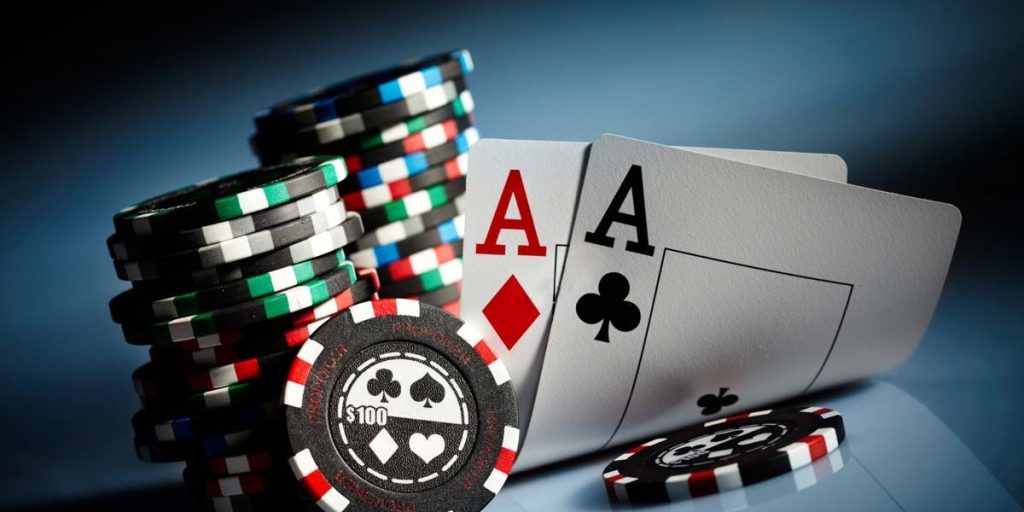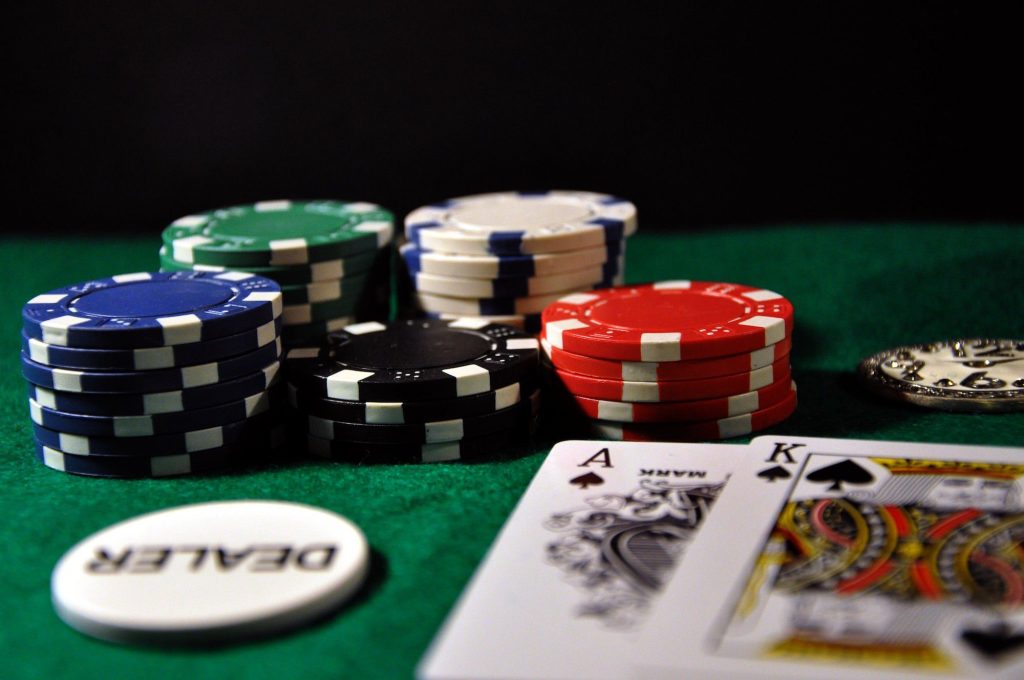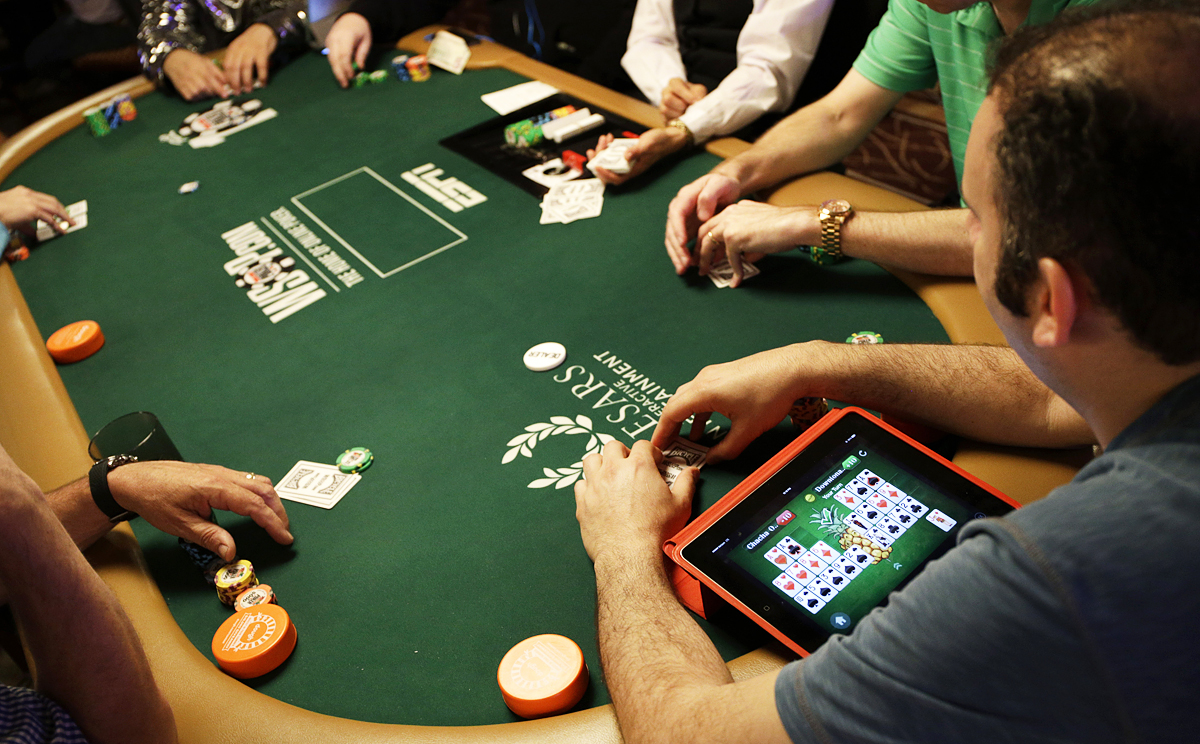Poker is more than just a card game; it’s a battle of wits, a test of psychological acumen, and a game of strategy. While the rules of poker are relatively simple, mastering the game is a complex endeavor. One of the key skills that separate novice players from the pros is the ability to read their opponents. In this blog post, we’ll delve into the fascinating world of poker psychology and explore how you can sharpen your skills in reading your adversaries at the casino table.
The Power of Observation

Poker is as much about observing your opponents as it is about your own cards. Seasoned players understand that the information they gather through observation is often more valuable than the cards they hold. By paying close attention to your opponents’ actions, expressions, and betting patterns, you can gain valuable insights into the strength of their hands and their overall strategy.
The Art of Bluffing
Bluffing is a fundamental aspect of poker, and it relies heavily on psychology. When a player bluffs, they are essentially trying to convince their opponents that they have a stronger hand than they actually do. The success of a bluff depends on the bluffer’s ability to read their opponents’ reactions and make them believe the deception. Conversely, the ability to detect a bluff is equally important in poker, and it requires a keen understanding of human psychology.
Body Language and Tells
One of the most intriguing aspects of poker psychology is the study of body language and “tells.” Tells are involuntary physical or behavioral cues that players exhibit when they are nervous, confident, or bluffing. These subtle signs can reveal a lot about an opponent’s state of mind. Some common tells include nervous twitching, rapid breathing, or changes in vocal tone. However, experienced players often employ tactics to mask their tells, making it even more challenging to decipher their true intentions.
Emotional Control
Maintaining emotional control is essential in poker. It’s easy to become frustrated or overconfident, which can lead to poor decision-making. Skilled players learn to manage their emotions and project a calm and composed demeanor, even in the face of adversity. This emotional control can be used to mislead opponents who might mistake a player’s stoicism for strength or weakness.
The Importance of Timing

In poker, timing is everything. When a player makes a bet, raises, or folds can convey valuable information about their hand. For example, a quick, aggressive bet may signal strength, while a hesitant check might indicate uncertainty. By paying attention to the timing of your opponents’ actions, you can gain insights into their thought process and make more informed decisions.
Adapting to Your Opponents
Successful poker players are not one-dimensional. They understand that each opponent is unique and may require a different approach. Adapting to your opponents’ playing styles and tendencies is a crucial aspect of reading them accurately. Some players are aggressive, while others are conservative. By identifying these traits and adjusting your strategy accordingly, you can exploit their weaknesses and maximize your chances of success. In the world of poker, the ability to read your opponents is a skill that can make the difference between winning and losing. It’s a complex interplay of observation, psychology, and strategy. By honing your skills in reading body language, detecting tells, and understanding the emotional aspects of the game, you can become a more formidable poker player. Remember that poker is not just a game of cards; it’s a game of minds, and mastering the psychology of poker is your key to success at the casino table. So, the next time you’re seated at the poker table, pay attention not only to your hand but also to the hidden signals and psychology of your opponents.

Leave a Reply